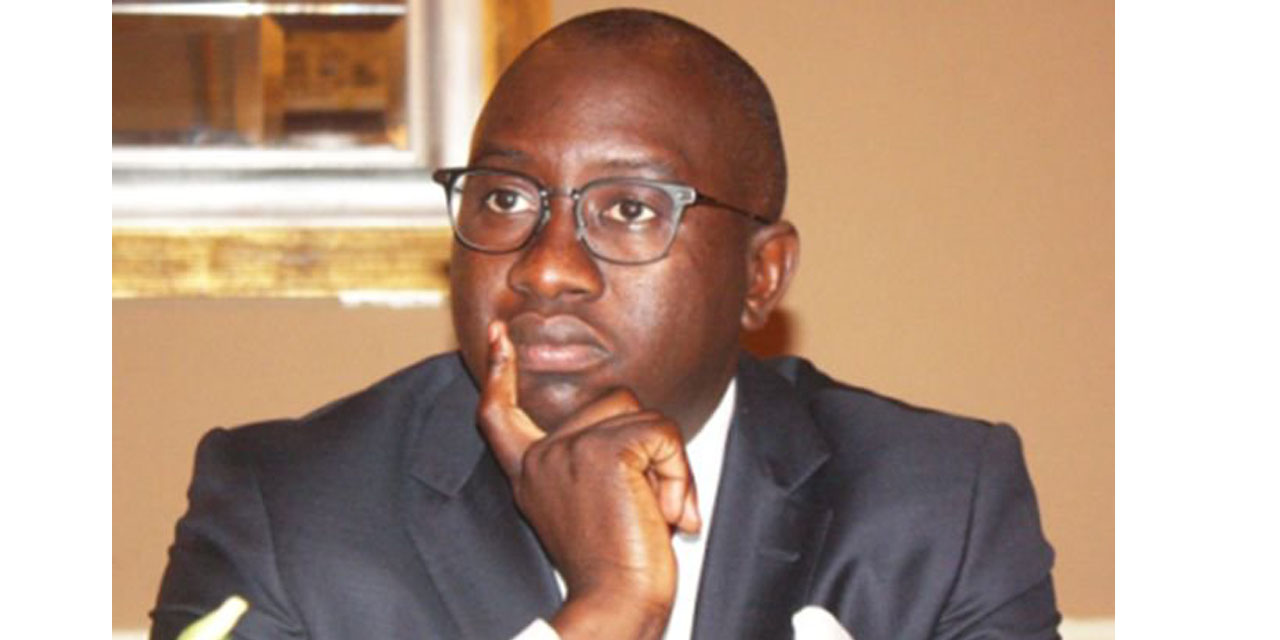Martin Endjala
Newly elected political party members, who appear on the list of future parliamentarians face a dilemma of choosing between job security and serving in parliament while the court case in which opposition parties challenge the result of recent national elections is still ongoing.
According to analysts and politicians, the situation has led some members to rethink whether they want to go to parliament or remain at their jobs.
Political analyst, Henning Melber described the situation as tricky, which illustrates the shortcomings of the existing regulations.
“At the moment, the election results are challenged in court. The outcome could well be that new elections are held and not all of those elected can be sure to be elected once again. If the results change,” he said.
Adding to the complexity, secretary to the Cabinet, Goerge Simataa, last week instructed executive directors and chief regional officers to ensure that public servants elected to the National Assembly resign from their positions.
The deputy executive director of the department of water affairs under the Ministry of Agriculture, Water, and Land Reform, Elijah Ngurare, was among the first public servants to resign.
He resigned in December 2024.
Those clinging to their positions include Independent Patriots for Change spokesperson, Imms Nashinge, who works at the Ministry of Information, Communication and Technology.
Simataa said those civil servants who continue to work after being elected will be required to pay back the salaries they received since the announcement of the election results.
Melber is critical of politicians who prioritise income over public service.
“Those who have second thoughts about matters of income are another story, as they were aware of the regulation and should have thought it through before accepting a spot on a party list with a chance to be elected. Comparing income as a decisive matter testifies to a lack of moral and ethical standards,” he said.
He added that future parliamentarians should not consider their role as lawmakers as a business affair but a service to a party and the country for which they make themselves available, even if for a lesser income.
Outgoing member of parliament, Joseph Kauandenge labelled the state of affairs as a catch-22 situation.
He explained that many prospective parliamentarians realise that their current salaries and benefits outweigh what they would receive while serving in parliament.
“When they compare their salaries and benefits they are currently receiving to what they are going to get in parliament. They realised it’s better to remain in their permanent employment,” he said.
Kauandenge explained that being an MP lacks job security as their roles depend on voters who may not re-elect them after their five-year term.
South West Africa National Union (Swanu) president, Evalistus Kaaronda, echoed similar sentiments, noting that job security over a five-year term has no guarantee.
“Being in parliament must be a calling to serve the nation and not a self-enrichment goal,” he said.
The Independent Patriots for Change (IPC) and Landless People’s Movement (LPM) recently approached the electoral court to challenge the outcome of the 2024 elections.




